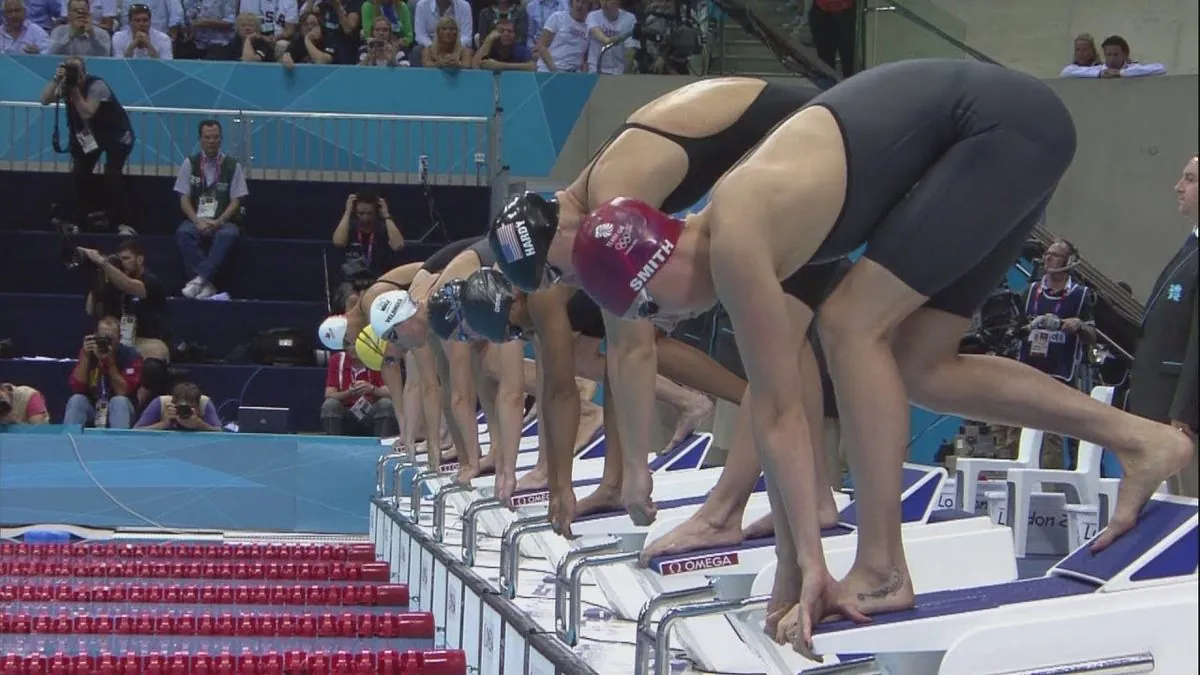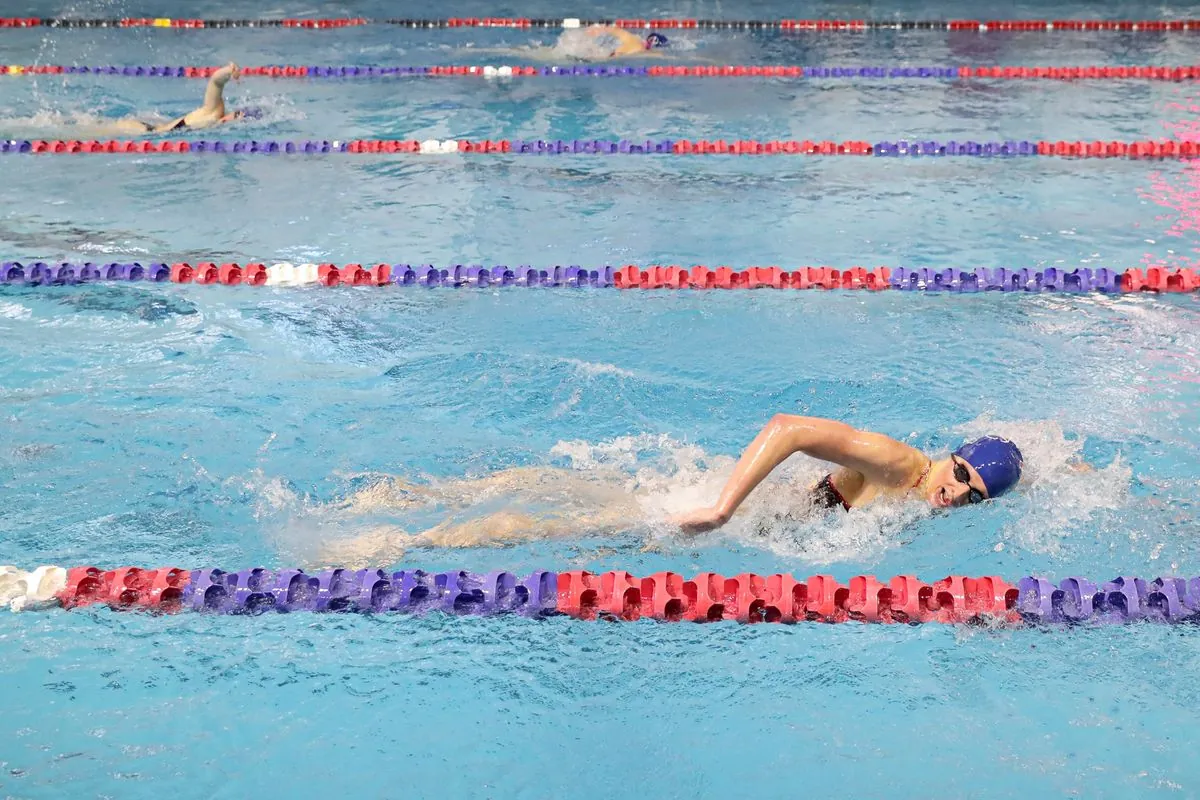U.S. Court Greenlights Antitrust Suits Against World Aquatics
Appeals court allows swimmers and ISL to proceed with lawsuits against World Aquatics, alleging competition restrictions. Decision overturns previous ruling, potentially impacting athletes' rights in sports associations.

In a significant development for professional swimming, the 9th U.S. Circuit Court of Appeals has permitted antitrust lawsuits against World Aquatics to move forward. This decision, made on September 17, 2024, overturns a previous ruling that had dismissed the cases.
The lawsuits, filed by a group of professional swimmers and the International Swimming League (ISL), allege that World Aquatics, the global governing body for aquatic sports, has unfairly restricted their ability to compete. The plaintiffs claim that World Aquatics boycotted ISL's efforts to enter the professional swimming market in 2017, potentially violating antitrust laws.
World Aquatics, formerly known as FINA, has been the recognized authority in aquatic sports since its founding in 1908. It oversees six disciplines, including swimming, diving, and water polo, and boasts over 209 member federations worldwide.
The swimmers involved in the lawsuit, which was initially filed in 2018, expressed concerns about possible sanctions, including loss of Olympic eligibility, for participating in events not recognized by World Aquatics. This highlights the significant influence the organization holds over athletes' careers.

The ISL, founded in 2017 by Ukrainian businessman Konstantin Grigorishin, introduced a team-based competition format, offering a novel approach to professional swimming events. The league argues that World Aquatics' alleged boycott hampered its ability to attract top-tier swimmers, crucial for its success.
"An important precedent for all athletes seeking to vindicate their antitrust rights against a sports association."
The 9th Circuit Court, established in 1891 and known for its jurisdiction over nine western states and two U.S. territories, ruled that a potential jury could determine whether World Aquatics can organize swimming competitions without restricting participation in non-affiliated events.
This case draws attention to the broader context of antitrust laws in sports, which have roots in the Sherman Antitrust Act of 1890 and the Clayton Antitrust Act of 1914. These laws aim to promote fair competition and prevent monopolistic practices.
As the legal proceedings continue, this case could have far-reaching implications for athletes' rights and the structure of professional sports organizations. The swimming community and legal experts will be closely watching the developments in this landmark case.


































